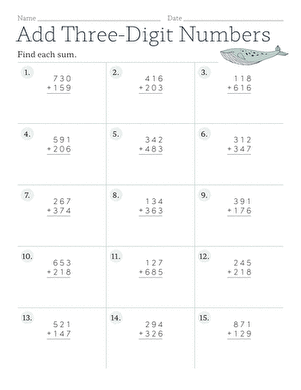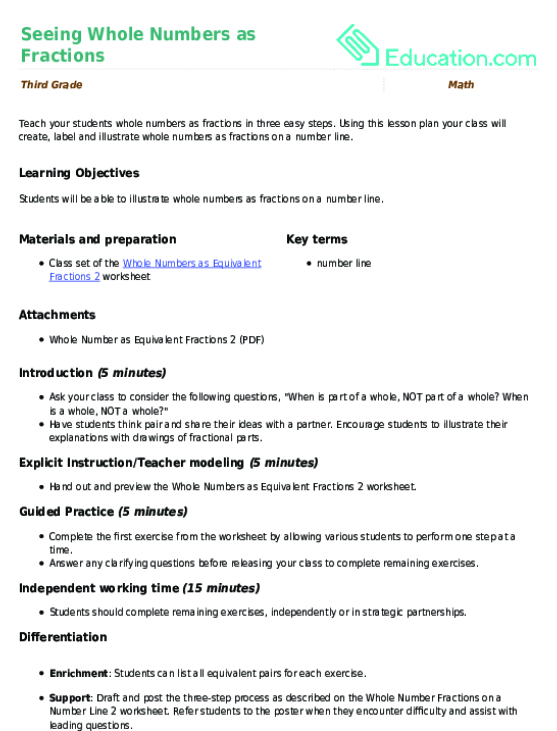Activity
Memorizing Numbers
The world is full of big, long numbers that you may need to memorize. From your best friend's phone number to the exact date George Washington was born, the more you can memorize, the better! But have you ever wondered how many numbers most people can remember? Gather up some of your friends and find out with this quick and fun project.
Problem:
How many numbers can most people memorize in one minute?
Materials:
- Paper
- Pen
- Notebook
- Volunteers
- Timer
Procedure:
- Write a line of 15 random numbers on a piece of paper. Make sure you don't repeat any number too many times. You want to make this as hard to memorize as possible.
- Look at the numbers. How many numbers do you think your volunteers can memorize within a minute?
- Write your best guess, often called a hypothesis, in your notebook.
- Test each volunteer separately: you don't want anyone having extra time to memorize the numbers!
- Start your timer as soon as you give each volunteer the numbers.
- Take away the paper as soon as the one minute is up.
- Immediately ask the volunteer to recite as many numbers as he can.
- Write down this number in your notebook.
- Once you've tested each volunteer, wait one hour.
- Separately ask each volunteer to try and recite the numbers again.
- Write this number next to the previous number.
- Study your results. Was your hypothesis correct?
Results:
While your volunteers should have remembered a lot more numbers when you first asked them, you should have found that the overall average was about seven numbers. You should find that most of your volunteers can successfully memorize around seven digits.
Why?
Research has proved that the average person can memorize a maximum of seven digits. This is why most phone numbers and license plates are about seven digits or letters. By memorizing phone numbers, we’re actually training our minds to get use to being able to remember seven numbers. However, many people have trouble with short term memory, long term memory, or both. Everyone is different in terms of their brains ability to store information. What if we changed the age group for volunteers? Or used letters instead of numbers? Keep experimenting and you could find out new facts!
Education.com provides the Science Fair Project Ideas for informational purposes only. Education.com does not make any guarantee or representation regarding the Science Fair Project Ideas and is not responsible or liable for any loss or damage, directly or indirectly, caused by your use of such information. By accessing the Science Fair Project Ideas, you waive and renounce any claims against Education.com that arise thereof. In addition, your access to Education.com's website and Science Fair Project Ideas is covered by Education.com's Privacy Policy and site Terms of Use, which include limitations on Education.com's liability.
Warning is hereby given that not all Project Ideas are appropriate for all individuals or in all circumstances. Implementation of any Science Project Idea should be undertaken only in appropriate settings and with appropriate parental or other supervision. Reading and following the safety precautions of all materials used in a project is the sole responsibility of each individual. For further information, consult your state's handbook of Science Safety.















